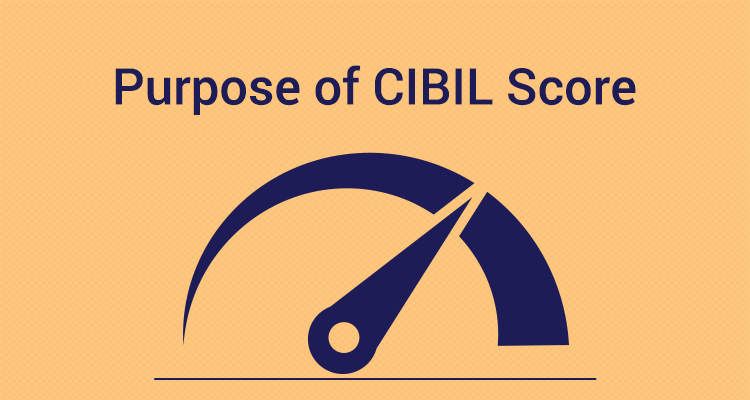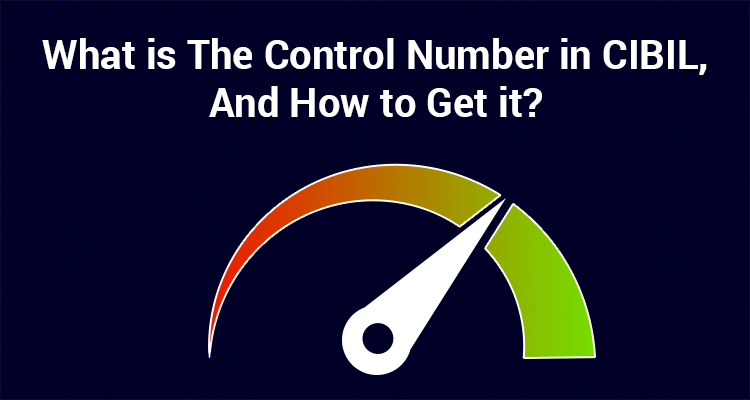In the realm of finance, acronyms frequently take center stage, and one with substantial impact on our financial journeys is CIBIL. An abbreviation for Credit Information Bureau (India) Limited, CIBIL is a name that likely rings a bell if you’ve ever sought a loan or credit card in India.

Read more.. Navigating the Mosaic: Specialized Areas of Focus in CIBIL Scores
CIBIL in a Nutshell:
CIBIL is not a mere acronym; it represents a robust financial infrastructure that serves as a linchpin within the Indian lending landscape. Essentially, CIBIL functions as a credit information bureau entrusted with the task of aggregating and overseeing credit-related information for individuals and businesses, a critical asset harnessed by lenders, including banks and financial entities, to assess the creditworthiness of prospective borrowers.

Read more.. What is Travel Business Loans: Fueling Your Wanderlust
Read more.. The Comprehensive Guide to Life Insurance
The CIBIL Score:
At the core of CIBIL’s functions is the CIBIL Score, commonly known as a credit score, a three-digit numerical representation ranging from 300 to 900 that summarizes a person’s credit history, offering lenders a swift and dependable assessment of their creditworthiness; the higher the score, the more favorable one’s standing appears to potential lenders, augmenting the likelihood of loan and credit card approvals.
Why CIBIL Matters:
CIBIL plays a crucial role in the financial lives of Indians for several reasons:
1. Loan Approvals: A high CIBIL score is your passport to faster and easier loan approvals. Lenders are more likely to trust borrowers with a good credit history, resulting in better interest rates and terms.
2. Interest Rates: Your CIBIL score can directly impact the interest rate you are offered on loans and credit cards. A higher score often translates to lower interest rates, saving you money in the long run.
3. Credit Card Eligibility: When you apply for a credit card, the issuer typically checks your CIBIL score to determine your creditworthiness. A good score increases your chances of obtaining premium credit cards with attractive rewards and benefits.
4. Negotiating Power: A strong CIBIL score gives you leverage in negotiating terms and conditions with lenders. You can demand better interest rates and loan terms, potentially saving you thousands of rupees.
Maintaining a Healthy CIBIL Score:
Now that we’ve grasped the significance of CIBIL, how can one ensure a healthy credit score?
1. Timely Payments: Pay your bills and EMIs on time. Late payments can have a negative impact on your score.
2. Credit Utilization: Keep your credit card balances low compared to your credit limit. High credit card utilization can harm your score.
3. Credit Mix: Maintain a mix of credit types, such as loans and credit cards, to demonstrate responsible credit management.
4. Regular Monitoring: Check your CIBIL report regularly for inaccuracies and discrepancies. Report any errors to CIBIL for rectification.
5. Limit New Credit: Avoid applying for multiple loans or credit cards in a short period. Each application can temporarily lower your score.
In conclusion, CIBIL is not just an acronym; it’s a powerful financial tool that shapes our financial journeys. Understanding the meaning of CIBIL empowers us to take control of our credit profiles and make informed financial decisions. By maintaining a healthy CIBIL score, we can unlock a world of financial opportunities and secure our financial futures.
